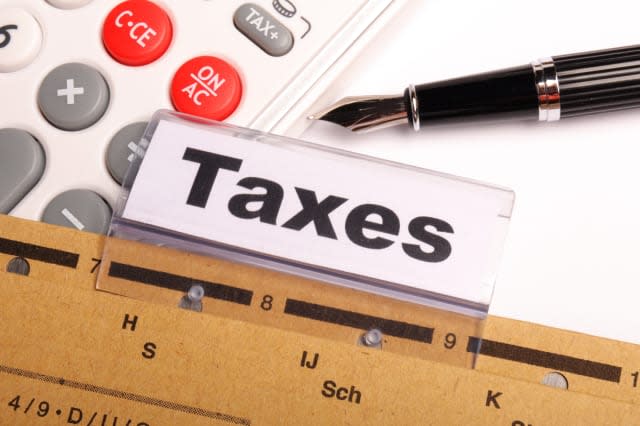Tax Return 2017: It's not too late - but you need to hurry

The clock is ticking to get your tax return in for 31st January. If you're even one day late you will face an immediate fine of £100. After three months, the fine will rise - and keep rising until after six months you face a penalty of £1,000. Fortunately, it's not too late to get your tax return in - if you're quick.
Given you have a fortnight to submit your return and pay your tax, you'd be forgiven for thinking that there's no rush. However, there are numerous stages at which you could get held up, so it's not worth taking the risk.
See also: Men outperform women in completing tax returns on time
See also: Married couples missing out on simple tax break
See also: Money worries haunt a quarter of people while at work
Today
If this is your first return, you really can't afford to wait, because the first delay will come right at the start of the process. You'll need to sign up to the HMRC website now, to give them time to send your activation details through. This can take up to seven working days to get through the post to you, so don't wait until you've done your sums, register today.
If you already have access to the Government Gateway, your first step is to track down the paperwork. If you are employed, you will need your P60 form from your employer, plus any P45, and P11d or P9d - which show any benefits you receive and any expenses. If you don't already have these, you will need to ask your employer to provide them.
You'll also need bank statements from your current account, details of any interest received on savings, information on any dividends you received from shares, and any other income you made during the year. You also need details of any pension contributions and charitable donations.
If you try to dig these out first, then if there's anything missing, you can order replacements and get them in time. One option is to register for online banking, which will let you print out your statements yourself.
Get hold of your receipts too. You'll need to check that the expenses are allowable on the HMRC website, but once you know what you are doing, you can claim all of your legitimate expenses - and bring down the tax you owe.
Once you have all the paperwork you can consider using an accountant. You may struggle to find one available at such short notice, but if you can, then you may be pleasantly surprised. Not only will it take away the headache of submitting your return and any concerns you may have about making mistakes, given the fact they shouldn't charge more than about £200 for completing the return, they may be able to recoup more than this by knowing the rules inside out.
The money side
Once you have submitted your return, it will take a few days for HMRC to update your account to show any balancing payment and payment on account that's due. Ideally you will therefore submit the form plenty of time before the deadline, so there's time for them to do these sums.
However, don't wait for HMRC: work it out yourself. You can subtract the payments on account from your total tax due, and add on the likely payment on account for the following year. Then you will know approximately what you will need to pay, so you can be sure you have the cash ready in your account. If you tend to keep your tax money in a savings account, it can take a few days to transfer, and it would be agonising to get all the paperwork done, and then fall at the final hurdle because the cash is stuck in your savings account.
It's therefore essential to start the process as soon as possible. It may feel like a fortnight is plenty of time to fill out a form, but once you've waited for an activation code, requested a new P11d, ordered replacement bank statements, held on for HMRC to do the maths, and then transferred your cash into a current account, you'll be surprised how fast that time will tick away.




